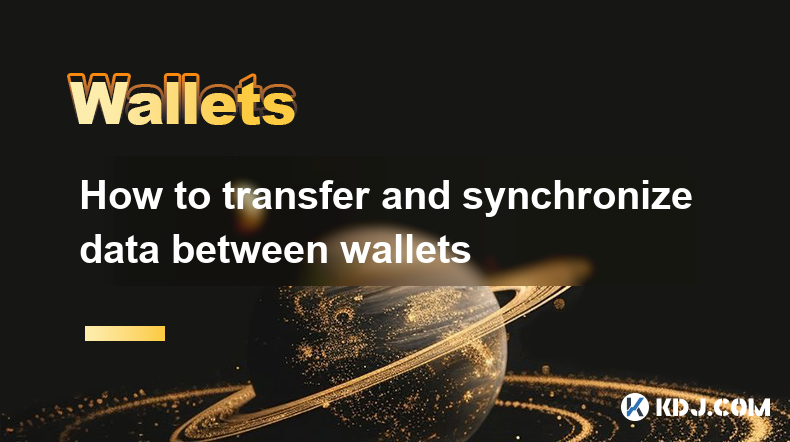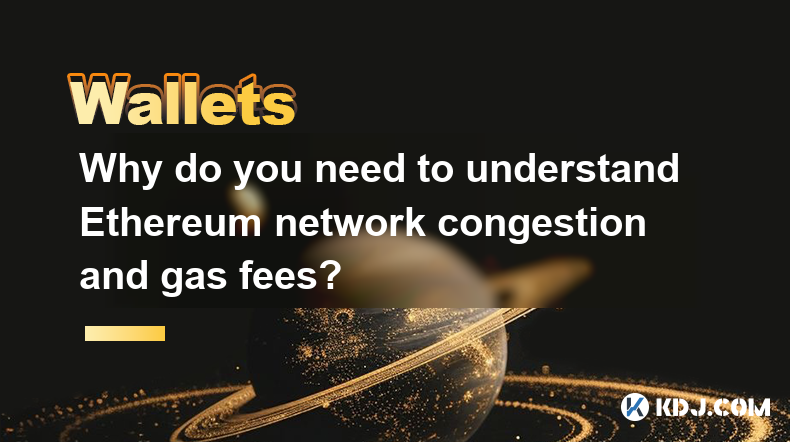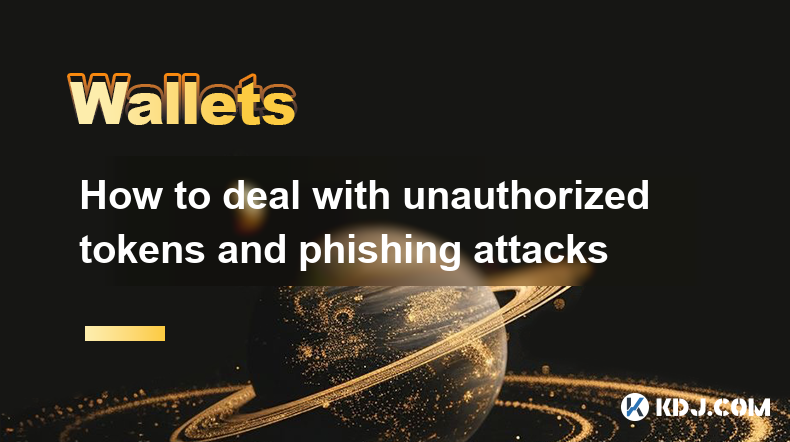-
 Bitcoin
Bitcoin $96,604.0476
-1.45% -
 Ethereum
Ethereum $2,752.0205
0.52% -
 XRP
XRP $2.5833
-0.87% -
 Tether USDt
Tether USDt $1.0000
-0.06% -
 BNB
BNB $657.7850
0.32% -
 Solana
Solana $173.4050
0.38% -
 USDC
USDC $1.0000
0.02% -
 Dogecoin
Dogecoin $0.2449
-3.00% -
 Cardano
Cardano $0.7719
-2.90% -
 TRON
TRON $0.2357
-3.45% -
 Chainlink
Chainlink $17.6899
-3.88% -
 Avalanche
Avalanche $25.5840
0.64% -
 Sui
Sui $3.4127
0.21% -
 Stellar
Stellar $0.3324
-0.86% -
 Litecoin
Litecoin $128.0813
-3.56% -
 Toncoin
Toncoin $3.6632
1.63% -
 Shiba Inu
Shiba Inu $0.0...01546
-0.49% -
 Hedera
Hedera $0.2148
-1.82% -
 UNUS SED LEO
UNUS SED LEO $9.7239
0.27% -
 Hyperliquid
Hyperliquid $24.7014
0.92% -
 Polkadot
Polkadot $5.0399
-2.52% -
 MANTRA
MANTRA $7.5462
0.22% -
 Bitcoin Cash
Bitcoin Cash $320.3260
-1.23% -
 Bitget Token
Bitget Token $4.9112
2.81% -
 Ethena USDe
Ethena USDe $0.9995
0.07% -
 Dai
Dai $1.0002
0.01% -
 Uniswap
Uniswap $8.9178
-2.78% -
 Monero
Monero $235.3515
0.22% -
 NEAR Protocol
NEAR Protocol $3.4964
-0.41% -
 Pepe
Pepe $0.0...09610
-0.19%
How to safely store your Ethereum private key?
Ethereum private keys, secretive strings for accessing funds, demand careful safeguarding through diverse storage options, including hardware wallets for offline security and best practices like secrecy, multi-location storage, strong passwords, and vigilance.
Feb 21, 2025 at 10:42 pm

Key Points
- Understand the nature of Ethereum private keys
- Explore the different storage options for Ethereum private keys
- Implement best practices for securing your Ethereum private keys
- Address frequently asked questions about Ethereum private key storage
Understanding Ethereum Private Keys
- Ethereum private keys are cryptographically generated, unique strings that grant access to an Ethereum address and the funds stored within it.
- These keys are essential for controlling your Ethereum assets and should be protected carefully.
Explore Private Key Storage Options
1. Hardware Wallets:
- Dedicated devices designed specifically for storing cryptocurrency private keys offline, providing robust security against hacking and malware.
- Examples include Ledger Nano X, Trezor Model T, and SafePal S1.
2. Software Wallets:
- Applications that store private keys on your computer or mobile device, providing convenience and accessibility.
- Popular options include MetaMask, Trust Wallet, and Exodus.
3. Brain Wallets:
- Private keys generated from a memorable phrase or string of words.
- Risks include forgetting the phrase or having it compromised.
4. Paper Wallets:
- Private keys printed on a physical piece of paper, offering cold storage but limited recovery options.
Best Practices for Securing Ethereum Private Keys
1. Keep Your Private Key Secret: Never share your private key with anyone, including individuals claiming to provide support.
2. Store Your Key in Multiple Locations: Divide your private key into parts and store them in separate locations or use multiple storage methods for redundancy.
3. Use Strong Passwords: Create complex passwords for your wallet or software and use different passwords for each.
4. Enable 2-Factor Authentication: Add an extra layer of security to your wallet or software by enabling two-factor authentication.
5. Be Vigilant and Update Regularly: Stay updated on security vulnerabilities and software updates to protect against potential threats.
FAQs on Ethereum Private Key Storage
Q: What happens if I lose my private key?
A: Unfortunately, losing your private key can result in the permanent loss of access to your Ethereum funds.
Q: Is it safe to store my private key online?
A: While software wallets offer convenience, online storage carries risks of hacking and malware attacks. Hardware wallets and offline methods provide greater security.
Q: Should I use a brain wallet?
A: Brain wallets are convenient but risky due to the possibility of forgetting or compromising the memorable phrase. Consider other storage options for more secure practices.
Q: How do I recover a lost or compromised private key?
A: Hardware wallets typically offer recovery options through seed phrases or backup keys. For other methods, recovery may be limited or impossible.
Disclaimer:info@kdj.com
The information provided is not trading advice. kdj.com does not assume any responsibility for any investments made based on the information provided in this article. Cryptocurrencies are highly volatile and it is highly recommended that you invest with caution after thorough research!
If you believe that the content used on this website infringes your copyright, please contact us immediately (info@kdj.com) and we will delete it promptly.
- DTX Exchange: The Next Big Crypto Play That's Flying Under the Radar
- 2025-02-22 23:15:25
- SOL May Dip Lower Before Having an Explosive Rally, ETH Rival Solana (SOL) Analyst Says
- 2025-02-22 23:15:25
- Is Yeti Ouro Poised to Surpass XRP in the Crypto Market? Here's What You Need to Know!
- 2025-02-22 23:15:25
- DTX Exchange: The Potential Best Utility Coin of 2025
- 2025-02-22 23:15:25
- DTX Exchange (DTX) Attracts Ethereum (ETH) and Cardano (ADA) Holders With Unmatched Potential for Rapid Gains
- 2025-02-22 23:15:25
- Dogecoin Price Stagnation And Emerging Alternatives
- 2025-02-22 23:05:25
Related knowledge

What are cold storage and hot storage? Which one is safer?
Feb 22,2025 at 03:18pm
Key Points:Cold storage and hot storage are two methods of storing cryptocurrencies.Cold storage involves storing cryptocurrencies offline, while hot storage involves storing them online.Cold storage is generally considered safer than hot storage, as it is not connected to the internet and is therefore less susceptible to hacking.Cold StorageCold storag...

How to synchronize wallets in multiple devices and browsers
Feb 22,2025 at 09:18am
Key Points:Understand the different types of cryptocurrency wallets and their synchronization capabilities.Learn how to synchronize hardware wallets with multiple devices.Discover the steps involved in synchronizing software wallets across platforms.Explore the options for synchronizing mobile wallets on different devices.Gain insight into browser exten...

How to transfer and synchronize data between wallets
Feb 21,2025 at 12:25pm
Key Points:Understanding different wallet types and their capabilitiesIdentifying similarities and differences between walletsExploring options for transferring and synchronizing dataEnsuring data security and integrity during transferAddressing common challenges and troubleshooting tipsHow to Transfer and Synchronize Data Between Cryptocurrency Wallets...

Why do you need to understand Ethereum network congestion and gas fees?
Feb 21,2025 at 04:48am
Key PointsUnderstanding Ethereum Network Congestion and Gas FeesGas Fees ExplainedFactors Affecting Network CongestionStrategies for Minimizing Gas FeesImpact of Ethereum UpgradesUnderstanding Ethereum Network Congestion and Gas FeesThe Ethereum network is a decentralized platform that hosts a vast ecosystem of decentralized applications (dApps), non-fu...

How to participate in DAO voting and governance?
Feb 21,2025 at 03:42pm
Key Points:Overview of DAO Voting and GovernanceUnderstanding DAO Structures and MembershipRole of DAO Tokens and Voting RightsParticipating in Voting and Proposal SubmissionLeveraging Governance Tools and PlatformsImpact of Voting Participation on DAO OutcomesBest Practices for Effective DAO GovernanceHow to Participate in DAO Voting and Governance1. U...

How to deal with unauthorized tokens and phishing attacks
Feb 21,2025 at 05:25am
Dealing with Unauthorized Tokens and Phishing Attacks in the Cryptocurrency CircleThe cryptocurrency market is rife with potential dangers, including unauthorized tokens and phishing attacks. To protect yourself from these threats, it's crucial to take proactive measures and be vigilant in your online activities.Key Points:Unauthorized Tokens: Tokens cr...

What are cold storage and hot storage? Which one is safer?
Feb 22,2025 at 03:18pm
Key Points:Cold storage and hot storage are two methods of storing cryptocurrencies.Cold storage involves storing cryptocurrencies offline, while hot storage involves storing them online.Cold storage is generally considered safer than hot storage, as it is not connected to the internet and is therefore less susceptible to hacking.Cold StorageCold storag...

How to synchronize wallets in multiple devices and browsers
Feb 22,2025 at 09:18am
Key Points:Understand the different types of cryptocurrency wallets and their synchronization capabilities.Learn how to synchronize hardware wallets with multiple devices.Discover the steps involved in synchronizing software wallets across platforms.Explore the options for synchronizing mobile wallets on different devices.Gain insight into browser exten...

How to transfer and synchronize data between wallets
Feb 21,2025 at 12:25pm
Key Points:Understanding different wallet types and their capabilitiesIdentifying similarities and differences between walletsExploring options for transferring and synchronizing dataEnsuring data security and integrity during transferAddressing common challenges and troubleshooting tipsHow to Transfer and Synchronize Data Between Cryptocurrency Wallets...

Why do you need to understand Ethereum network congestion and gas fees?
Feb 21,2025 at 04:48am
Key PointsUnderstanding Ethereum Network Congestion and Gas FeesGas Fees ExplainedFactors Affecting Network CongestionStrategies for Minimizing Gas FeesImpact of Ethereum UpgradesUnderstanding Ethereum Network Congestion and Gas FeesThe Ethereum network is a decentralized platform that hosts a vast ecosystem of decentralized applications (dApps), non-fu...

How to participate in DAO voting and governance?
Feb 21,2025 at 03:42pm
Key Points:Overview of DAO Voting and GovernanceUnderstanding DAO Structures and MembershipRole of DAO Tokens and Voting RightsParticipating in Voting and Proposal SubmissionLeveraging Governance Tools and PlatformsImpact of Voting Participation on DAO OutcomesBest Practices for Effective DAO GovernanceHow to Participate in DAO Voting and Governance1. U...

How to deal with unauthorized tokens and phishing attacks
Feb 21,2025 at 05:25am
Dealing with Unauthorized Tokens and Phishing Attacks in the Cryptocurrency CircleThe cryptocurrency market is rife with potential dangers, including unauthorized tokens and phishing attacks. To protect yourself from these threats, it's crucial to take proactive measures and be vigilant in your online activities.Key Points:Unauthorized Tokens: Tokens cr...
See all articles

















![BONK The Meme Coin MORE THAN ORDINARY [DOG] on Solana BONK The Meme Coin MORE THAN ORDINARY [DOG] on Solana](/uploads/2025/02/22/cryptocurrencies-news/videos/bonk-meme-coin-ordinary-dog-solana/image-1.jpg)


































































